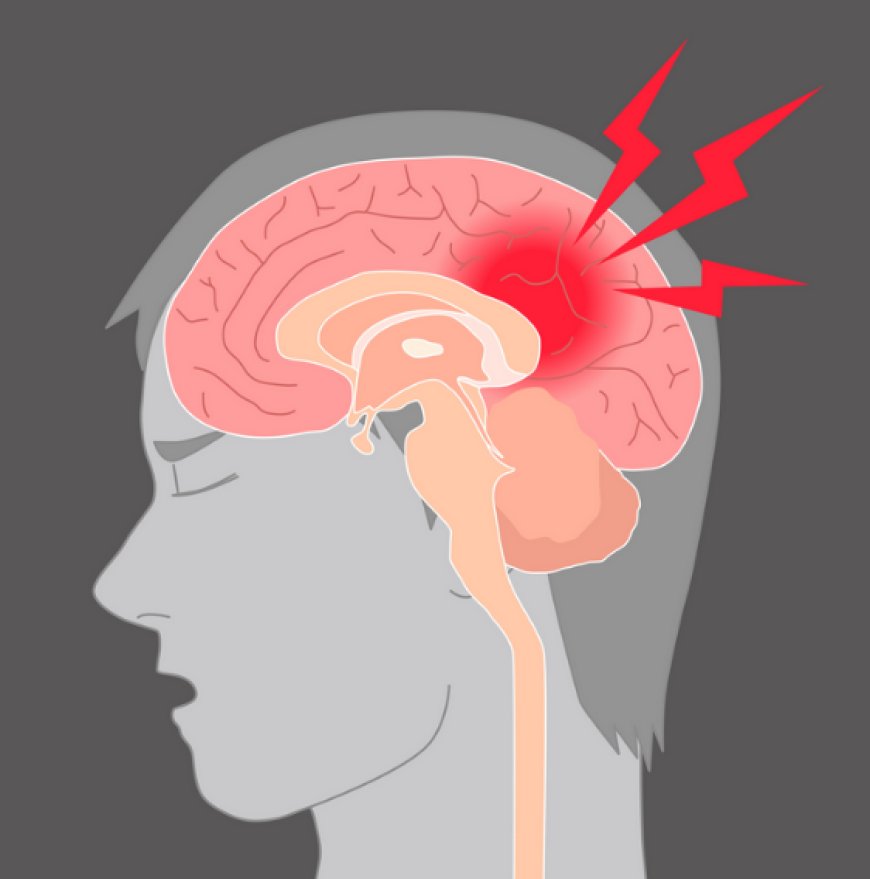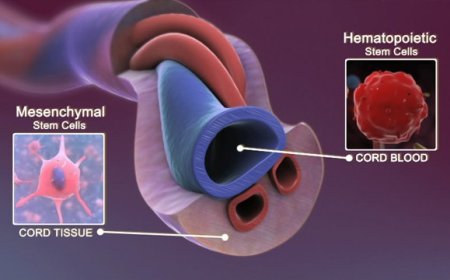Pitutory Tumor

Introduction:
Hello, young readers! Today, we will talk about a unique topic that affects some people's brains: Pituitary Tumors. We'll explore what they are, their types, symptoms, and how doctors diagnose and treat them in India.
What is a Pituitary Tumor?
The pituitary gland is a small but essential part of our brain, located at the base of the skull. It is like the conductor of an orchestra, as it controls the production of important hormones that help our body grow, regulate metabolism, and manage various functions. Sometimes, a pituitary tumor, or growth, can form in this gland, causing problems.
Signs and Symptoms:
The symptoms of a pituitary tumor can vary depending on its size and location. Here are some common signs to watch out for:
- Headaches: Frequent and severe headaches can be a warning sign.
- Vision Problems: The tumor may press against the optic nerves, causing blurry vision or loss of vision.
- Hormonal Changes: The tumor can disrupt the balance of hormones, leading to issues like growth problems, weight gain, or unusual hair growth.
- Fatigue: Feeling tired all the time, even after getting enough sleep.
- Nausea and Vomiting: Feeling sick to your stomach or throwing up.
What Is Pituitary Tumor Classified?
Pituitary tumors are classified based on their size and whether they produce hormones. There are two main types:
-
Non-functioning Pituitary Tumors: These tumors do not produce excess hormones, but they can still cause problems by pressing on surrounding structures.
-
Functioning Pituitary Tumors: These tumors produce excess hormones, causing specific symptoms depending on the hormone involved. For example: a. Prolactinoma: Produces too much prolactin, causing issues in menstruation and fertility. b. Growth Hormone-Secreting Tumor: Produces too much growth hormone, leading to gigantism or acromegaly (where certain body parts become larger). c. Adrenocorticotropic Hormone (ACTH) - Secreting Tumor: Produces too much ACTH, leading to Cushing's syndrome (weight gain, high blood pressure, etc.). d. Thyroid-Stimulating Hormone (TSH) - Secreting Tumor: Produces too much TSH, causing thyroid problems.
Causes and Triggers:
The exact cause of pituitary tumors is still a mystery, but sometimes they can be linked to certain conditions like Multiple Endocrine Neoplasia type 1 (MEN1) or Carney Complex. Triggers can be anything that causes genetic mutations, but these are rare cases.
Risk Factors:
Though pituitary tumors can happen to anyone, certain factors may increase the risk. Here are some examples:
- Age: People between 30 and 50 years old are more susceptible.
- Family History: If someone in the family had a pituitary tumor, the risk might be higher.
- Genetic Conditions: As mentioned earlier, conditions like MEN1 or Carney Complex can increase the risk.
Types of Pituitary Tumor:
We discussed the two main types earlier (functioning and non-functioning). However, let's explore each of them in more detail:
-
Non-functioning Pituitary Tumors: These tumors do not produce hormones. They are usually slow-growing and may not show symptoms until they become large enough to press on nearby structures.
-
Functioning Pituitary Tumors: These tumors produce excess hormones, and their symptoms depend on the type of hormone they secrete.
-
Prolactinoma: As mentioned before, it produces too much prolactin, causing fertility issues in both men and women.
-
Growth Hormone-Secreting Tumor: When too much growth hormone is released, it can lead to gigantism in children (making them abnormally tall) or acromegaly in adults (causing enlarged hands, feet, and facial features).
-
ACTH-Secreting Tumor: The excess ACTH leads to the release of too much cortisol, causing Cushing's syndrome with its various symptoms.
-
TSH-Secreting Tumor: This tumor leads to the production of excessive thyroid-stimulating hormone, causing hyperthyroidism.
Diagnostic Tests and Treatments:
When a doctor suspects a pituitary tumor, they will perform various tests to confirm the diagnosis and plan the appropriate treatment. Some common diagnostic tests include:
-
Blood and Urine Tests: These tests help measure hormone levels in the body, which can indicate if there is a hormone-secreting tumor.
-
Magnetic Resonance Imaging (MRI): An MRI scan creates detailed images of the brain, allowing doctors to visualize the tumor's size and location.
-
Visual Field Test: This test checks for any vision problems caused by the tumor pressing on the optic nerves.
Treatment Options:
The treatment for a pituitary tumor depends on its size, type, and symptoms. Here are some common treatment options:
-
Medications: Doctors may prescribe medications to shrink the tumor or control hormone levels. For example, dopamine agonists can treat prolactinomas, and somatostatin analogs can help with acromegaly.
-
Surgery: If the tumor is large or causing severe symptoms, surgery may be necessary. Surgeons can remove the tumor through the nose or through the skull, depending on its size and location.
-
Radiation Therapy: In some cases, radiation may be used to shrink the tumor or prevent its regrowth after surgery.
Complications and Prevention Techniques:
Complications of pituitary tumors can include vision loss, hormonal imbalances, and other health issues. Unfortunately, there is no surefire way to prevent these tumors, but early detection and treatment can help manage the condition and improve the quality of life.
Pituitary tumors are fascinating yet challenging conditions that affect the pituitary gland in our brain. While they might sound complicated, doctors have several tools to diagnose and treat them effectively. Remember, if you ever feel unwell or notice any unusual symptoms, don't hesitate to talk to your parents and visit a doctor. Stay healthy and curious!
What's Your Reaction?
 Like
0
Like
0
 Dislike
0
Dislike
0
 Love
0
Love
0
 Funny
0
Funny
0
 Angry
0
Angry
0
 Sad
0
Sad
0
 Wow
0
Wow
0









































































